We're growing! Find your way while visiting the ACH campus. Learn more >
We're growing! Find your way while visiting the ACH campus. Learn more >
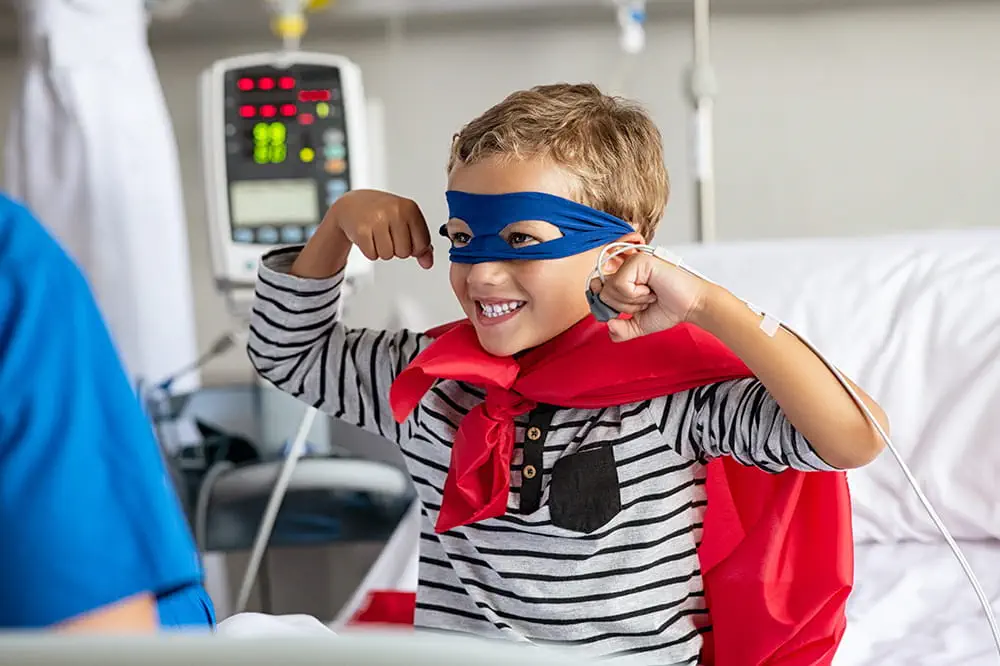
Ranked nationally in pediatric care.
Arkansas Children's provides right-sized care for your child. U.S. News & World Report has ranked Arkansas Children's in seven specialties for 2023-2024.

It's easier than ever to sign up for MyChart.
Sign up online to quickly and easily manage your child's medical information and connect with us whenever you need.
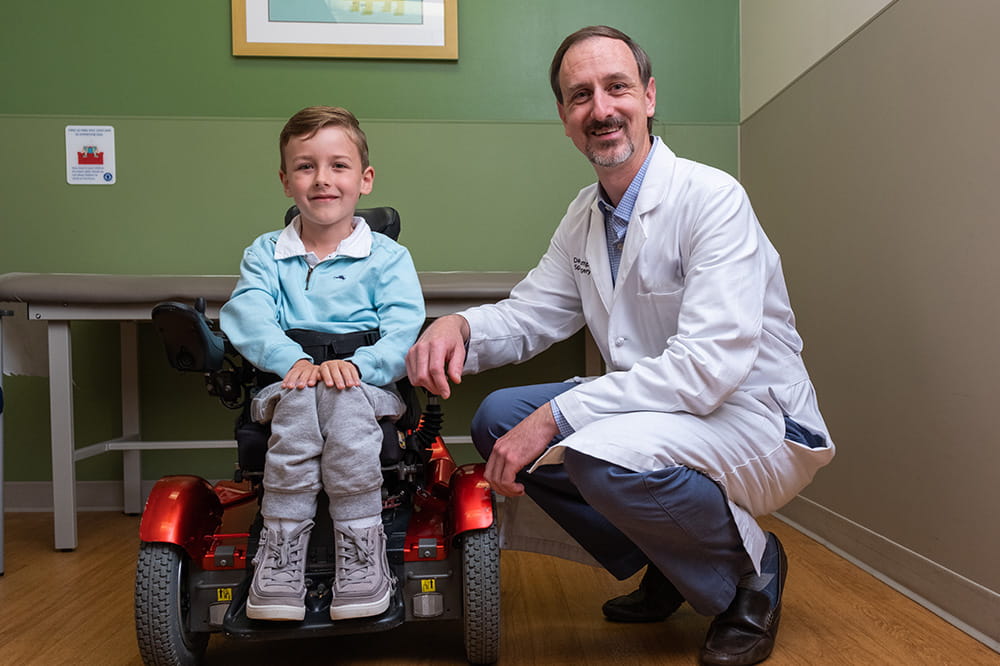
We're focused on improving child health through exceptional patient care, groundbreaking research, continuing education, and outreach and prevention.

When it comes to your child, every emergency is a big deal.
Our ERs are staffed 24/7 with doctors, nurses and staff who know kids best – all trained to deliver right-sized care for your child in a safe environment.
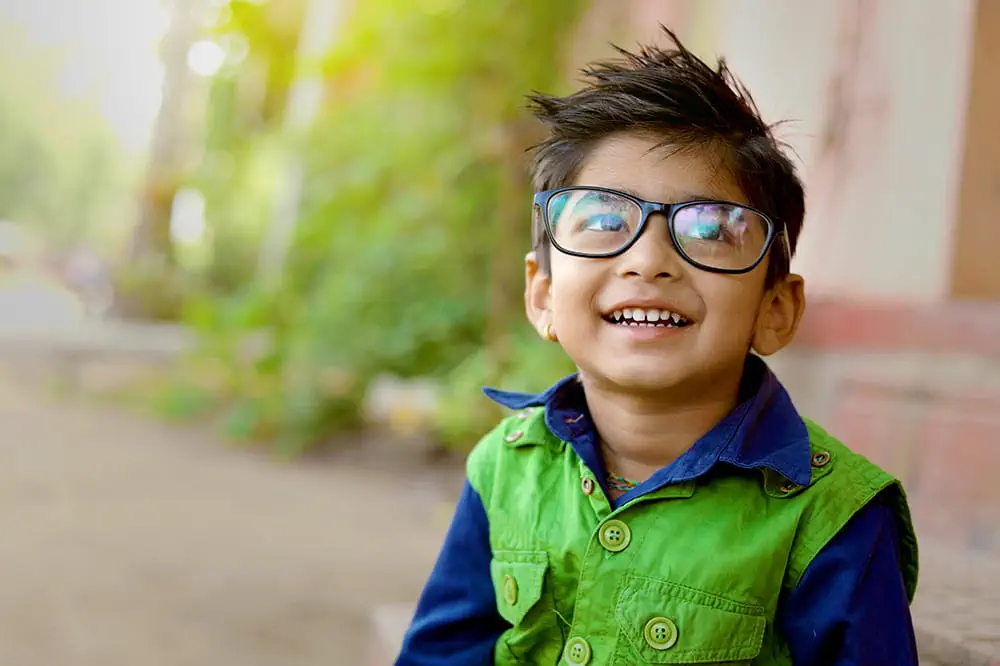
Arkansas Children's provides right-sized care for your child. U.S. News & World Report has ranked Arkansas Children's in seven specialties for 2023-2024.

Looking for resources for your family?
Find health tips, patient stories, and news you can use to champion children.

Support from the comfort of your home.
Our flu resources and education information help parents and families provide effective care at home.

Children are at the center of everything we do.
We are dedicated to caring for children, allowing us to uniquely shape the landscape of pediatric care in Arkansas.
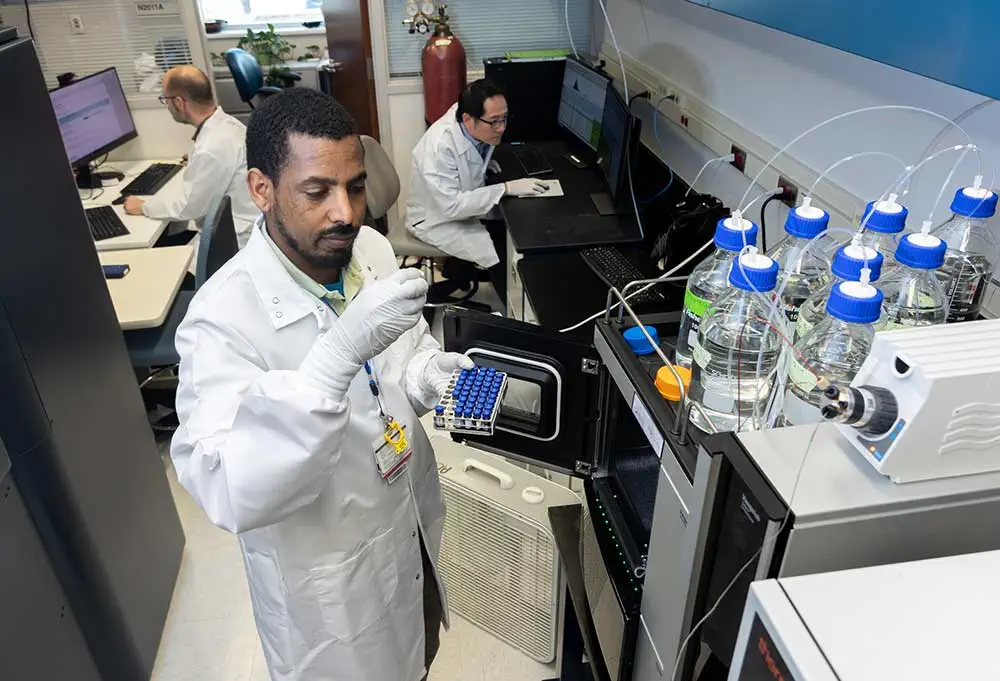
Transforming discovery to care.
Our researchers are driven by their limitless curiosity to discover new and better ways to make these children better today and healthier tomorrow.

We're focused on improving child health through exceptional patient care, groundbreaking research, continuing education, and outreach and prevention.
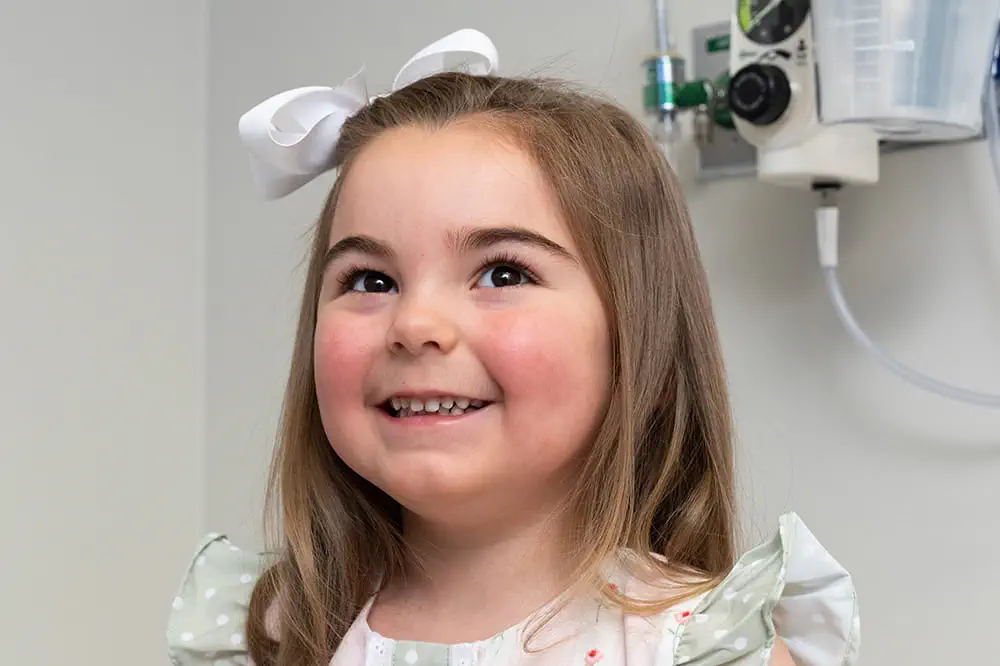
Then we're looking for you! Work at a place where you can change lives...including your own.

When you give to Arkansas Children's, you help deliver on our promise of a better today and a healthier tomorrow for the children of Arkansas and beyond
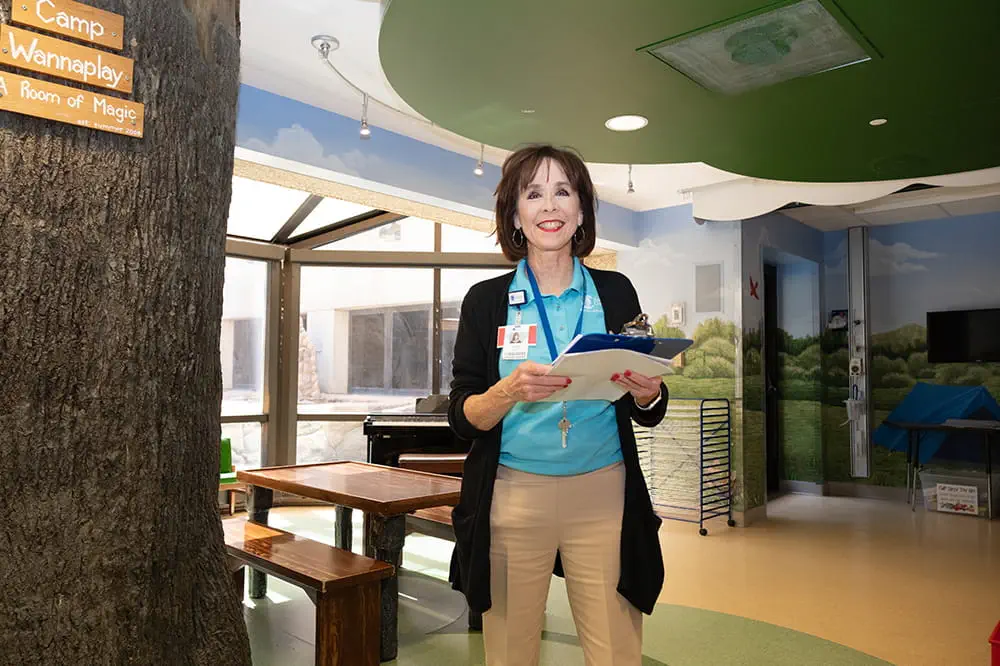
Become a volunteer at Arkansas Children's.
The gift of time is one of the most precious gifts you can give. You can make a difference in the life of a sick child.

Join our Grassroots Organization
Support and participate in this advocacy effort on behalf of Arkansas’ youth and our organization.

Learn How We Transform Discovery to Care
Scientific discoveries lead us to new and better ways to care for children.

Learn How We Transform Discovery to Care
Scientific discoveries lead us to new and better ways to care for children.

Learn How We Transform Discovery to Care
Scientific discoveries lead us to new and better ways to care for children.

Learn How We Transform Discovery to Care
Scientific discoveries lead us to new and better ways to care for children.

Learn How We Transform Discovery to Care
Scientific discoveries lead us to new and better ways to care for children.

Learn How We Transform Discovery to Care
Scientific discoveries lead us to new and better ways to care for children.
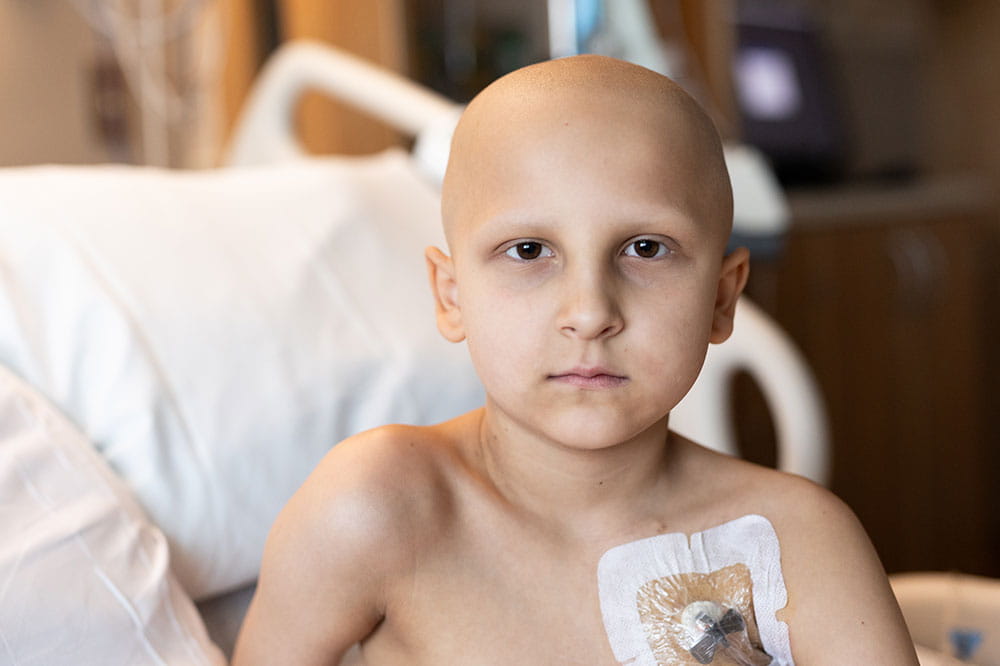
When you give to Arkansas Children’s, you help deliver on our promise of a better today and a healthier tomorrow for the children of Arkansas and beyond.
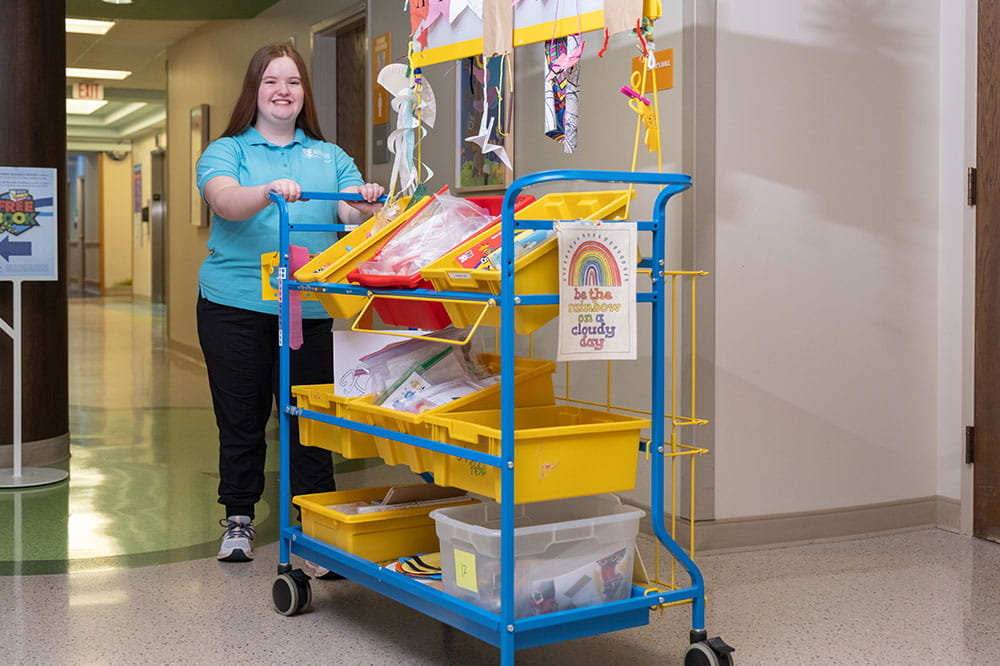
Your volunteer efforts are very important to Arkansas Children's. Consider additional ways to help our patients and families.

Join one of our volunteer groups.
There are many ways to get involved to champion children statewide.

Make a positive impact on children through philanthropy.
The generosity of our supporters allows Arkansas Children's to deliver on our promise of making children better today and a healthier tomorrow.
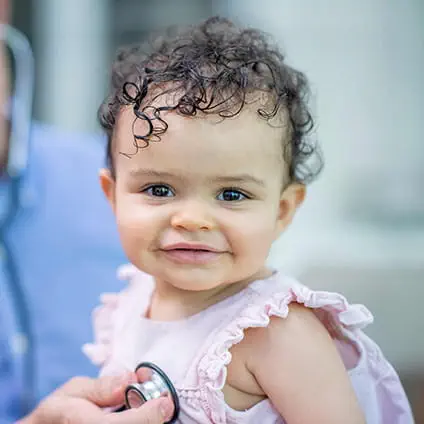
Read and watch heart-warming, inspirational stories from the patients of Arkansas Children’s.
Hello.
Arkansas Children's Hospital
General Information 501-364-1100
Arkansas Children's Northwest
General Information 479-725-6800

Arkansas Children’s Hospital (ACH) is home to a non-invasive brain mapping technology called magnetoencephalography (MEG). The only one of its kind in the state, the MEG system allows physicians to help identify patients who may benefit from epilepsy surgery. It’s also used to evaluate brain activity and mapping before brain tumor surgery.
MEG detects magnetic fields produced in the brain to help our epileptologists (doctors who treat epilepsy) to identify areas of the brain that seizures are generating. The mapping technology is more precise than standard electroencephalography (EEG); however, it’s complementary to other tests and is usually used in combination with MRI scans and EEG tests.
The MEG test is non-invasive and safe for both children and adults. The test can take up to an hour, but the entire visit could last up to four hours.
MEG also has research applications in patients with neurological disorders such as autism, Alzheimer’s, post-traumatic stress disorder, and traumatic brain injury.
Arkansas Children’s Hospital (ACH) is home to a non-invasive brain mapping technology called magnetoencephalography (MEG). The only one of its kind in the state, the MEG system allows physicians to help identify patients who may benefit from epilepsy surgery. It’s also used to evaluate brain activity and mapping before brain tumor surgery.
MEG detects magnetic fields produced in the brain to help our epileptologists (doctors who treat epilepsy) to identify areas of the brain that seizures are generating. The mapping technology is more precise than standard electroencephalography (EEG); however, it’s complementary to other tests and is usually used in combination with MRI scans and EEG tests.